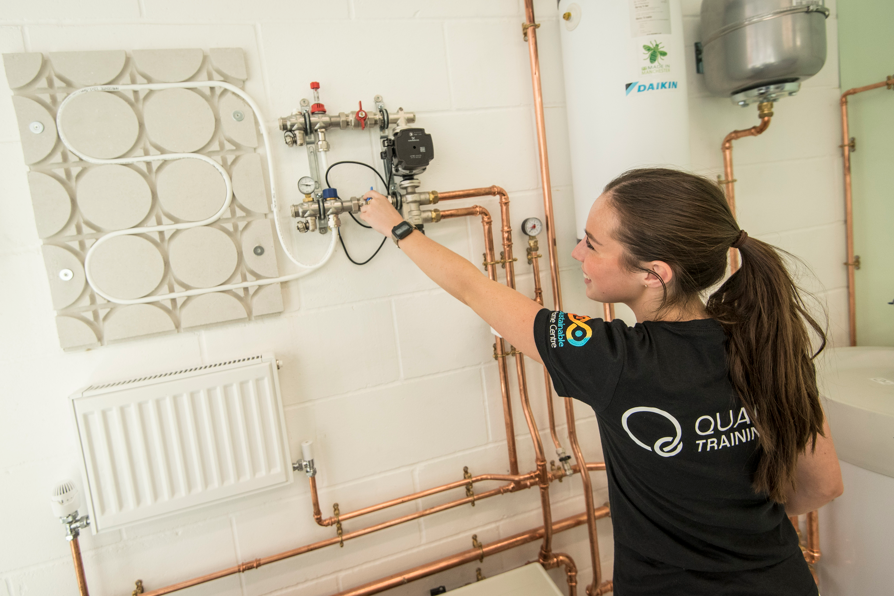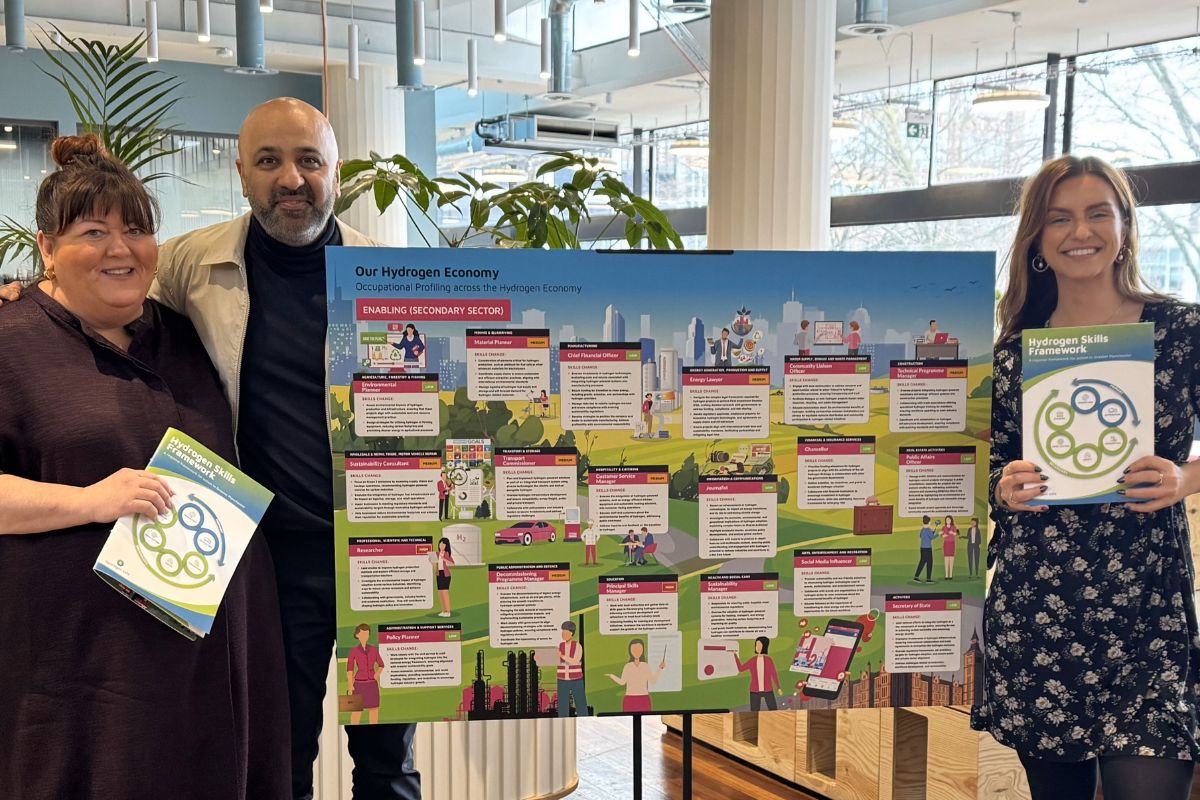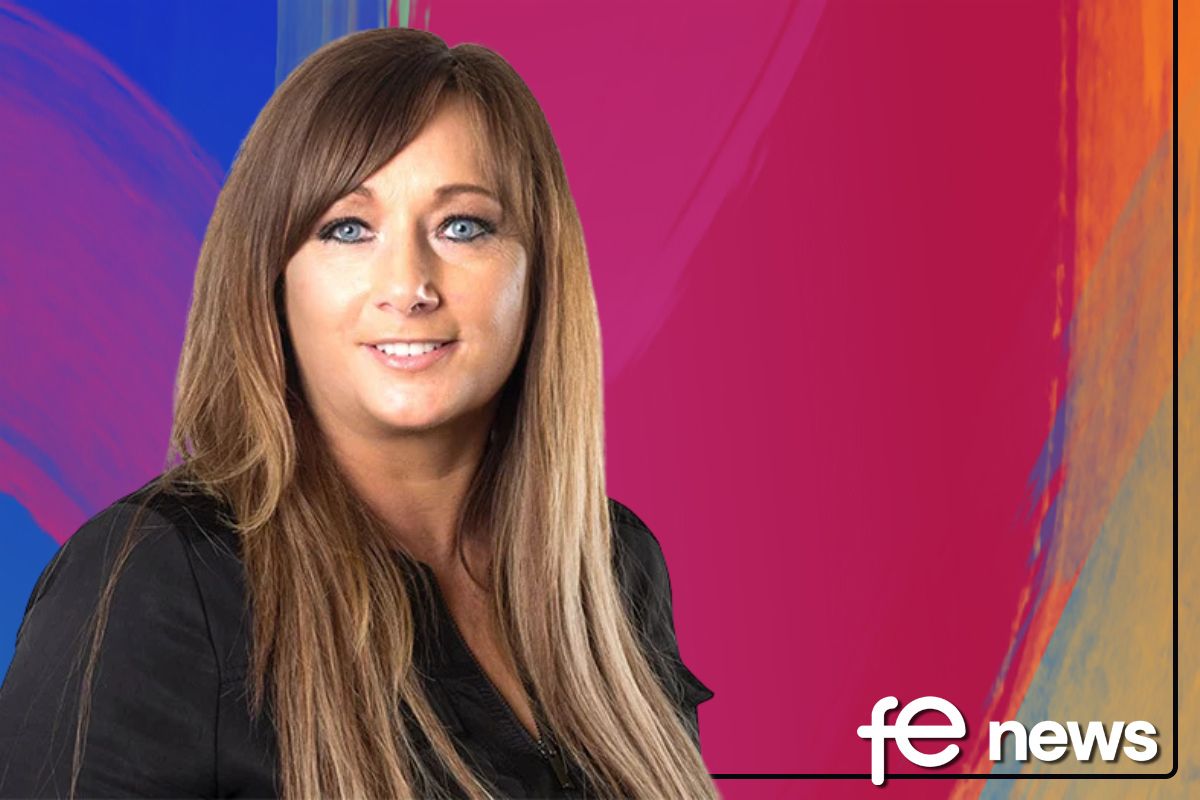Sustainability in the Curriculum: Why We Don’t Need to Sacrifice Content to Prepare for Tomorrow

As the Curriculum and Assessment Review unfolds, we argue that including sustainability education shouldn’t been seen as a trade-off.
As the Curriculum and Assessment Review, led by Professor Becky Francis, considers how best to shape the future of education, an view has emerged suggesting that sustainability could be added to the curriculum only by displacing something else. How can we introduce education for sustainable development (ESD) without pushing something else out? This idea is fundamentally flawed; sustainability isn’t a subject that can be slotted in at the expense of another. Instead, it must be integrated across learning to prepare students for a future where social, economic, and environmental challenges intersect.
In an era of climate change, social inequality, and resource scarcity, sustainability is no longer an optional add-on in education; it’s a critical, foundational objective that should permeate every level of education across the UK, including the FE and Skills sector.
Teaching for sustainability, not about sustainability
The answer lies in embracing ESD not as an isolated subject but as a holistic framework. ESD doesn’t just tackle environmental concerns; it addresses societal and economic dimensions as well, recognising these as integral to a sustainable global future. Rather than a single “green” module, ESD represents a way of thinking and learning that empowers learners to engage responsibly with environmental, social justice, and economic challenges, now and in the future.
Sustainability, then, isn’t just about preparing students for green jobs (although that’s something the FE and Skills sector also does and needs to do more of); it’s about cultivating informed global citizens. The UNESCO ESD for 2030 programme highlights its role in empowering learners to make responsible choices for a viable, just world. ESD equips learners with knowledge, skills, and behaviours that will be increasingly essential, fostering resilience and adaptability that traditional education models often overlook.
Ambitious rethinking
Embedding sustainability into post-16 education requires more than a few syllabus tweaks. It demands a rethinking of teaching practices, content delivery, and operational standards. Sustainability principles should be integrated across the curriculum, extending beyond the traditional domains of science and geography. For example, in English, students could examine environmental themes in literature or learn persuasive writing by creating climate action campaigns, while in mathematics, sustainability data could provide real-world applications for statistics and problem-solving. History classes might explore the impact of industrialisation on the environment, and business studies could cover sustainable economics and responsible resource management. Embedding sustainability across disciplines not only prepares students for evolving job markets but fosters a culture of ethical, sustainable decision-making.
Beyond curriculum content
We also need to focus on pedagogy and institutional practices. Education providers must model the behaviours and values they aim to impart, encouraging a shift towards sustainable lifestyles and operations. This can be achieved by enabling and encouraging whole organisation approaches to sustainability. Initiatives like the EAUC’s Green Gown Awards, which have for over 20 years celebrated innovative sustainable practices across further and higher education, showcase what this can look like not just from a teaching and learning perspective but also across estates and operations, leadership and governance, and partnerships. Sustainability, as both a concept and a practice, is by no means new to our sector.
A call to action
For those shaping and engaging with the Curriculum and Assessment Review, sustainability education must be seen as essential to an education system fit for our time, especially within the FE and Skills sector. This isn’t about making room by sacrificing other learning areas; it’s about redefining the purpose of education itself. As we consider the skills we wish to instil in learners, sustainability should guide our approach, equipping students with adaptability, critical and systems thinking, and active citizenship skills.
To ensure this review yields real impact – both now and in the years to come – those involved, whether as panel members, roadshow attendees, or consultation respondents, should advocate for a curriculum that reflects these priorities. By fostering an educational framework that prepares learners not only for work but for life in a rapidly changing world, we build resilience and capacity to face future challenges. Sustainability education is not merely an add-on; it is the bedrock of a system that aims to empower individuals and build a more environmentally sound, socially just, and economically prosperous society for all.
By Laurence Frewin, Principal and CEO at South Devon College and Charlotte Bonner, CEO at EAUC (The Environmental Association for Universities and Colleges)











Responses